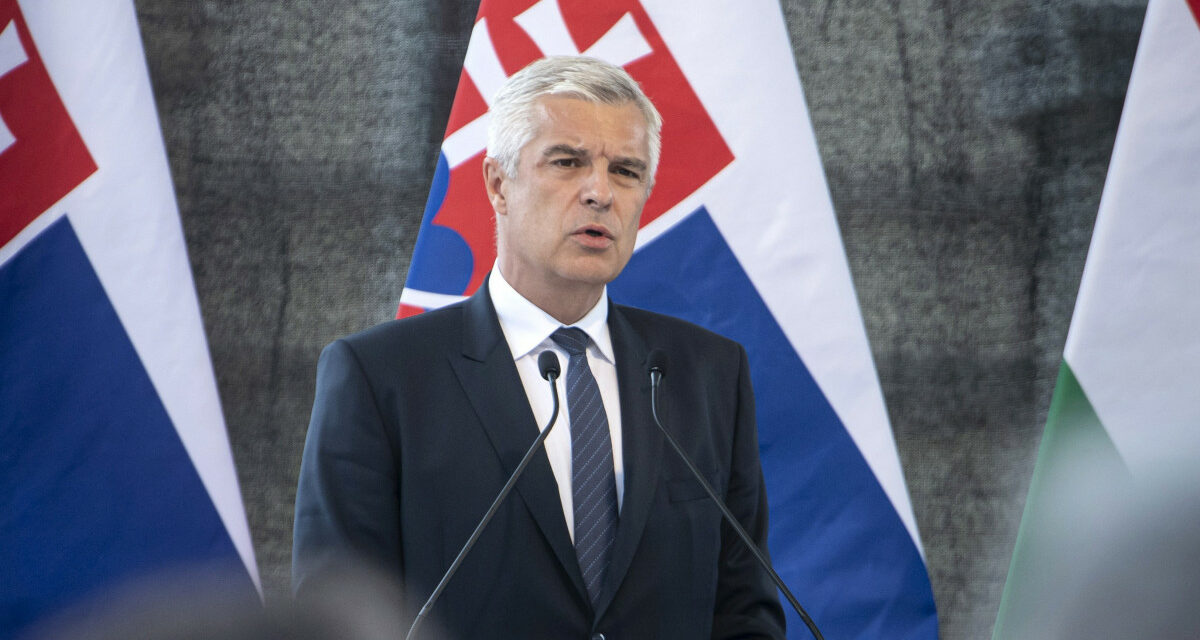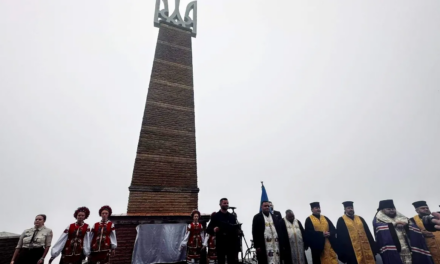The minutes of the meeting of the Slovak-Hungarian joint committee were not signed, as the two parties did not agree on the issue of the Beneš decrees, said Foreign Minister Rastislav Káčer at the briefing on Friday.
"The members of the joint committee were stuck on the issue of the Beneš decrees. The Hungarian side insisted that an entire article be about the Beneš decrees and the specific tasks for Slovakia," Káčer said, adding that they consider the topic closed.
According to him, this question is not related to the situation of minorities and should not have been made the subject of the committee's deliberations.
"But the Hungarian side insisted on this and refused to sign the protocol," he said.
He added that, despite this, they agreed on more than 50 measures and recommendations. He noted that disagreement on one issue should not be an obstacle to agreement and the application of other measures. He addressed several members of the government and other institutions about the results of the committee meeting. "I asked them to implement what we can," he added. The minister stated that the situation of Hungarians in Slovakia and Slovaks in Hungary will improve as a result of the measures.
These include increasing the broadcast time of programs broadcast in the minority language on public television and radio, amending the decree of the Ministry of Transport, which allows the production and display of bilingual traffic information signs, and the conclusion of an agreement between the two governments on war graves and war memorials. Three additional issues will be discussed, he said.
"I think it is important that we make progress in improving the situation of Hungarians in Slovakia and Slovaks in Hungary, and not become hostage to the fact that we cannot reach a consensus on a certain issue," said Káčer.
At today's meeting, Péter Szijjártó would like to ask the Hungarian Minister of Foreign Affairs and Trade that the Hungarian side do the same.
2022 Plus: The Benes decrees, which resulted in the looting and displacement of the Hungarians, cannot survive in any form. Even today, it contains discrimination in many issues. If the young, proud state, which was part of the Kingdom of Hungary (and remains so in a historical sense!) really strives towards a modern identity, then this decree must be rejected and all its parts that are still in effect, even its reminiscences, must be deleted from the laws. I would be surprised if Káčer heard something different from Péter Szijjártó today.
Source: aelvidek.ma
Featured image: infostart.hu












